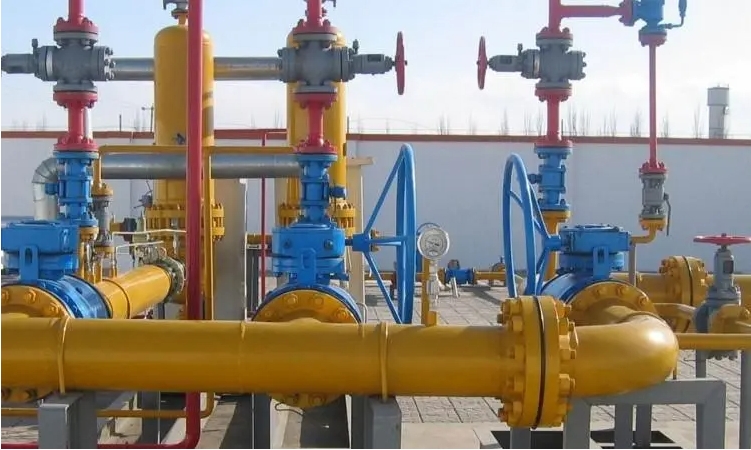The Petrodar pipeline, set up by a consortium including China's CNPC, Sinopec and Malaysia's Petronas, normally pumps about 100,000 barrels per day (bpd) of South Sudan's crude more than 1,500 km (932 miles) to a terminal on Sudan's Red Sea coast.
Sudanese sources aligned with the army blamed its rival Rapid Support Forces (RSF) for the stoppage, saying the pipeline's damaged pump station was in RSF-controlled territory. The RSF denied the claims.
South Sudan's Dar Blend, a waxy crude with low sulphur content, requires heating to stop it from solidifying in the pipeline.
"The rupture has been restored, has been repaired, but now it has caused some gelling along the pipeline," said William Anyak Deng, an undersecretary in South Sudan's oil ministry.
Oil is a vital source of revenue for South Sudan's government, representing 90% of its foreign exchange earnings, with Sudan taking a cut of the oil as a transit fee.
The Petrodar pipeline, one of two in Sudan, carries about two thirds of South Sudan's total oil exports.
Observers have warned that South Sudan faces economic meltdown and political turmoil unless a major source of its petrodollars is reinstated.
The 13-month war in Sudan has hampered efforts to fix the pipeline, but oil exports will resume once the wax has been drained from it, using either hot water or diesel, Deng told reporters.
"China will continue to provide its support and cooperation together with the partners to try to solve the problems and tackle the challenges," said Ma Qiang, China's ambassador to South Sudan.
